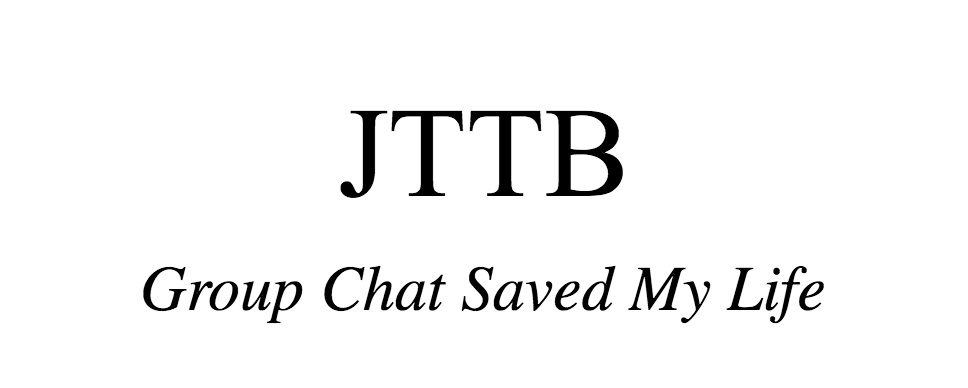Noah And The Redefining of Prep
I'm in love with traditional New England preppiness, despite the fact that I’m a Virginia native with a slight southern accent and I’d never be caught dead in the Northeast. Yet, the notion of summering in Cape Cod after a cold semester at an Ivy League University remains incredibly romantic to me.
Most conceptions of “prep” probably include some combination of a slim, clean-shaven white guy with an impeccably styled blonde crew cut, horn rimmed glasses, a well-worn oxford cloth button down with rolled sleeves, wide wale corduroy trousers, and Bass Weejuns. He’s sitting on The Dartmouth Green under a rich blue sky and reading Updike. Or perhaps your image of preppiness is more modern — the boys in khaki shorts and Nike socks with Sperrys at your local Catholic high school. And more often than not, these characteristics come coupled with certain political connotations — to be a young white man comfortable under the weighted blanket of generational wealth and a firmly-guaranteed future. Noah certainly appeals to this imagery with fishermen in Southeastern France, young men in loafers lounging upon the steps of an NYC brownstone, rich oaken interiors, every bit the metropolitan wealth and luxury that Take Ivy promised students would enjoy post-graduation.
As much as Noah seems to promote such a lifestyle, it also presents an antithesis to it. In their lookbooks, we see people of various colors and backgrounds fishing off NYC piers, skateboarding, rowing boats off Long Island. Leopard print corduroy running shorts- the classic Go-to-Hell pant made sporty- a hoodie with the take-no-prisoners mantra “Silence=Death” emblazoned across the front. Along with these are the many bands referenced in the brand’s graphics: Most Precious Blood, Earth Crisis, Uniform Choice, Youth of Today. This is not the first time seemingly different subcultures have intersected. One only has to look to youth crews in the 80’s and 90’s and later bands like Title Fight and Fiddlehead to aptly see the Ivy style represented — numerous sweatshirts for institutions such as Brown, Yale, and Princeton. If the names of such traditionally starched-collar institutions can easily mesh with the sweatpants-clad defiance of hardcore and adjacent genres, what do prep and ivy really mean?
Perhaps, the label is meaningless. Perhaps in the modern day I can consider myself in a way “ivy” while going to my 30,000 person public university in Virginia. Perhaps, I can call myself preppy at a house show, wearing a Patagonia fleece and Jordan’s, watching the bodies fly. As a friend recently said to me
I’m feeling so ivy
I don’t know how to describe
I just know I’m ivy
Take Ivy describes the Ivy Style as “casual, yet neat.” In a world where the aesthetic sense of prep is so flexible it becomes more than anything a cultural ideal. As stated in the aforementioned tome:
What is “Ivy?” Its implications go beyond the group of eight prestigious universities that belong to the Ivy League… In order to entirely understand the spirit of “Ivy,” you must appreciate and master all aspects of American East Coast culture… You need to gain knowledge not only about the Ivy Leaguers but also about the peripheral factors surrounding them. Gaining a complete understanding of these factors is the proverbial ticket to becoming a full-fledged Ivy Leaguer.
The book goes on to describe ivy values, including “strong body” and “strong mind,” echoing the later ethos of straight edge. Though typically viewed as a mere instruction manual for teaching Japanese people to wear Brooks Brothers khakis and loafers, Take Ivy is really so much more. It is a journalistic study into the mindset and culture that create such a style. This is representative of the Japanese approach to fashion — that it is not just about the clothes, but the philosophy of the brands and the social value of what you wear.
We once again return to Noah, a preppy, ivy-inspired brand that is also openly devoted to action. Printing political slogans on shirts, donating proceeds to numerous charities, writing blogposts about war, art, the environment, and sustainability. It is hard to speak about Noah’s steadily increasing popularity without asking the oft heard question “Is prep making a comeback?” I think such a style should come back, not purely in an aesthetic sense but also in a philosophical sense as set forth by Noah: for the creation of a culture which is socially healthy and ethically productive.



